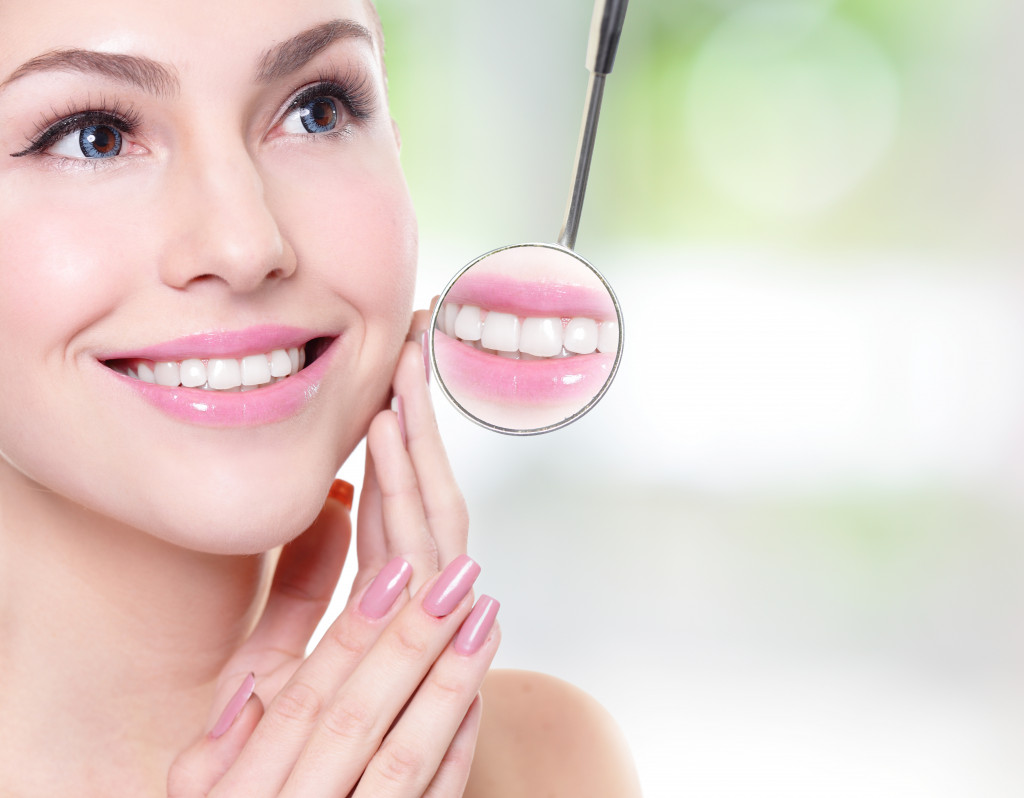Americans have some of the highest incidences of dental caries worldwide. It’s estimated that about 21% of Americans have dental caries that are left untreated. With the United States being the second-largest dental market in the world, it’s no wonder that dentists have been scrambling to find new ways to limit this growing epidemic. Here’s a look into the reasons why many Americans have dental caries.
Poor Oral Hygiene Habits
The most common cause of dental caries is poor oral hygiene habits. This means not brushing your teeth often enough or not brushing correctly. Brushing your teeth helps remove plaque and bacteria from your mouth, which can then lead to tooth decay and cavities. If you’re not brushing your teeth at least twice a day and flossing daily, then there’s a good chance that you’re increasing your risk for dental caries.
Dietary Choices

What people eat significantly impacts their overall health—including their oral health! For example, eating sugary and acidic foods can increase the bacteria in their mouths, leading to an increased risk of developing cavities. Additionally, foods high in refined carbohydrates (like white bread and pasta) can put everyone at risk of developing cavities because they stick to their teeth and trap bacteria.
Bad Habits
Bad habits like smoking or chewing tobacco can also increase the risk of developing cavities. Smoking reduces saliva production in the mouth, which is necessary for keeping the mouth clean and healthy. Chewing tobacco exposes the teeth to sugars that feed bacteria and can cause enamel erosion over time, leading to cavities. It’s best to avoid both of these habits if possible!
Medical Conditions
Some medical conditions can also increase an individual’s risk of getting dental caries. For example, diabetes often causes dry mouth due to a lack of saliva production in the mouth; without enough saliva, it’s harder for individuals with diabetes to keep their mouths clean and healthy enough to prevent tooth decay or other issues like gum disease. Additionally, certain medications may also have side effects that reduce saliva production; always be sure to follow your doctor’s instructions when taking any medications!
Age & Genetics

Lastly, age and genetics play a role in determining an individual’s likelihood of developing dental caries. As people age, it becomes increasingly difficult to keep their mouths clean due to decreased saliva production or difficulty brushing/flossing properly; this increases the risk for tooth decay since plaque is allowed to build up on their teeth more easily than before. Genetics also plays a role in determining an individual’s susceptibility; some people have stronger teeth than others due to genetic factors beyond their control!
Tips to Avoid Dental Caries in the Future
These primary factors cause dental caries (or cavities). Therefore, it’s vital that individuals take steps towards proper oral health care, including regular brushing and flossing twice per day and avoiding sugary/acidic foods whenever possible to decrease their chances of getting cavities or other issues with their oral hygiene. Additionally, here are tips to prevent dental caries in the future.
Replace Missing Teeth
The gap between your teeth can be a significant risk factor for developing dental caries. This is because the food particles and bacteria trapped in your teeth can stick to these areas, leading to decay over time. So if you’re missing any teeth, replacing them as soon as possible with a replacement tooth is crucial. These teeth are made of materials less likely to decay over time, so they can help protect your other teeth from damage.
Limit Sugary Drinks And Foods
Sugary drinks and foods are bad for your teeth because they encourage bacterial growth in the mouth, which can lead to cavities. Try limiting sugary snacks like candy, cookies, cake, and soda to occasional treats rather than regular snacks. If you have something sweet, drink water after eating it to help rinse away sugar residue from your teeth.
Use Mouthwash To Rinse Away Bacteria
Rinsing with an antibacterial mouthwash such as Listerine can help reduce bacteria levels in the mouth which can help prevent cavities from forming in the first place. Additionally, some types of mouthwash contain fluoride, which can further strengthen tooth enamel against decay-causing bacteria.
Eat Healthy Foods
Eating foods like apples, carrots, nuts, yogurt, cheese, and leafy greens helps promote oral health by providing essential vitamins and minerals that strengthen teeth against decay-causing bacteria as well as helping stimulate saliva production, which washes away food particles and keeps mouth pH levels balanced, so bacteria doesn’t grow out of control leading to cavities or other problems down the road.
Dental caries is a common problem that can lead to cavities and other issues in the mouth if left untreated. By following these tips, however, you can reduce your risk for dental caries and maintain a healthy oral hygiene routine!

